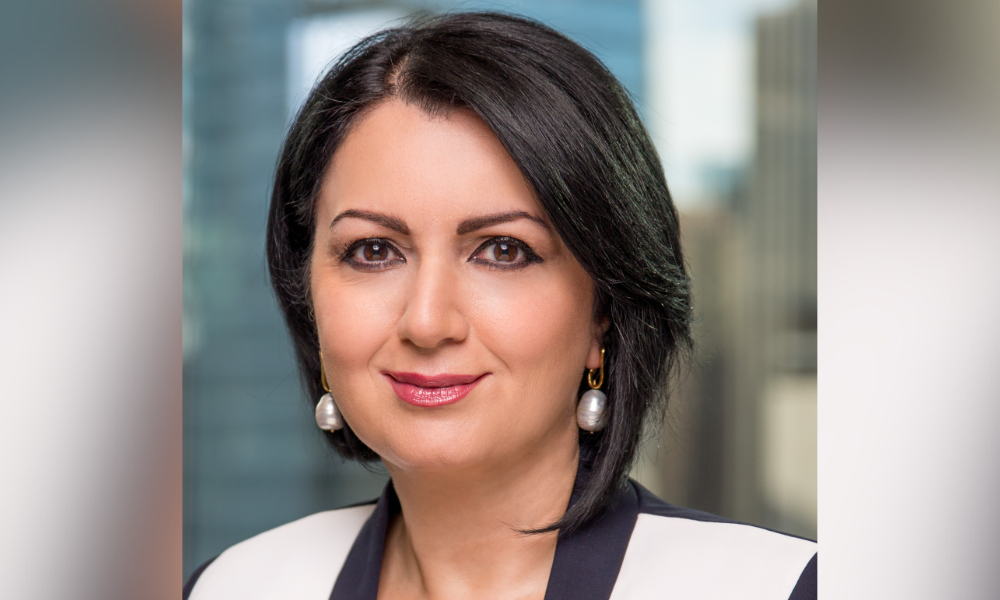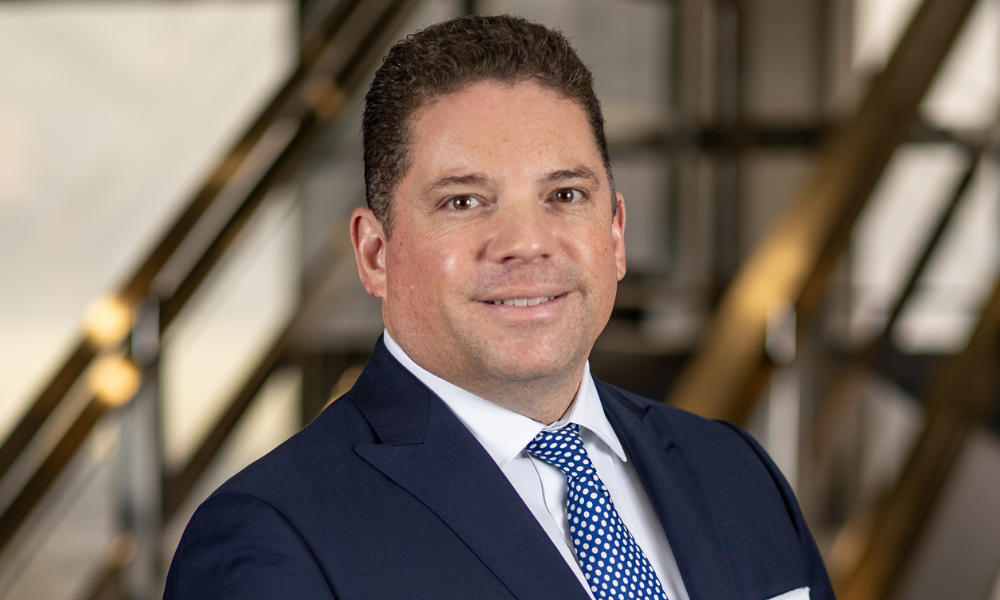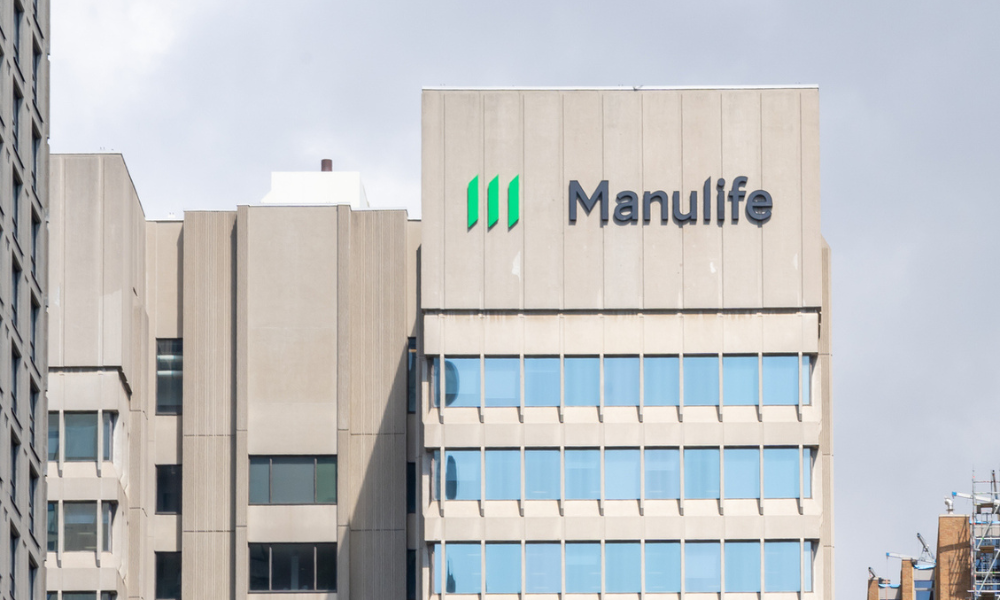Tina Tehranchian explains why she brings up philanthropy in her prospect meetings

Philanthropy is one of the first topics that Tina Tehranchian discusses with any prospective client. The senior wealth advisor with Assante Capital Management Ltd. brings up philanthropy so early because it is such a significant part of her personal and professional life.
Tehranchian shared with WP how she approaches the philanthropy conversation with clients, how she integrates philanthropy into clients’ wider tax and estate plans, and how engaging a client on a subject like philanthropy — which is often so near and dear to their hearts — results in a deeper relationship.
“When I want to know more about a client, I always ask them about their charitable donations,” Tehranchian says. “I ask about their donations, what charities are really important to them and why, and if they have volunteered, sat on the board, or used the services of that charity. It’s important for me to find the emotional connection that they have with that charity.”
She has these conversations so early in the relationship because philanthropic individuals will normally consider philanthropy to be a significant part of their own lives. Advisors should strive to get as deep an understanding of their clients as possible so if an advisor only discovers their client’s philanthropy later in the relationship, Tehranchian says they’d be doing a disservice to that client.
Tehranchian’s conversations begin with a question about wills. When asking if a client has a will she’ll ask if they have considered making any bequests. If they say they haven’t, the conversation typically turns to other topics. Tehranchian says it’s not her job to preach about the virtues of charitable giving. If they say they do plan to leave a bequest or have donated to charity, Tehranchian can ask more about the client or prospect’s favourite charities and why they support them. She can also open the crucial conversation about how that client or prospect donates to charity.
The method of donation is crucial to how philanthropy fits into financial, estate, and tax planning. Tehranchian often recommends the donation of securities in kind to charities, rather than cash. That’s because donating a security means the client gets the tax benefit of the value of their donation, without having to realize any capital gains through the sale of that security. Tehranchian says that many clients, even people who work in finance, do not know about the benefits of donating securities.
Donating securities also dictates the times in which Tehranchian recommends her clients make their donations. Many clients, she says, are deadline oriented and like to schedule major donations at certain points in the year. When donating securities, however, Tehranchian prefers her clients make their donations when markets are high, so they can get an equivalent tax benefit from a donation of fewer units.
Given some of the challenges clients now face due to the Federal Government’s proposed increase in the capital gains inclusion rate Tehranchian says she is having conversations about how philanthropy planning can help. Many clients, she says, are rethinking their donation timelines and considering bigger lump-sum donations before the increase takes effect in late June. She is reviewing each of her clients’ situations now to determine the best course of action for them. She often brings up bequests in these conversations because bequests can help clients and their families save even more on taxes now.
As advisors look to grow the philanthropy planning side of their own practices, Tehranchian recommends that they get educated. The Master Financial Advisor in Philanthropy (MFA-P) designation offered by Knowledge Bureau and the Canadian Association of Gift Planners can help advisors better understand the nuances of philanthropic tax planning. As they embark on this work, however, Tehranchian says it’s crucial that advisors live some of the philanthropic values they are facilitating for their clients.
“I think it’s important to walk the talk. If any advisor wants to specialize in philanthropic tax planning, it really helps if philanthropy is important to them and they practice what they preach,” Tehranchian says, “I think it can make the bond a lot more powerful if you share the same values with your clients, and philanthropy is a cherished value for many Canadian families. It’s important to talk about those values, find out how important they are to each family, and it’s important for those families to know that you share those same values.”



